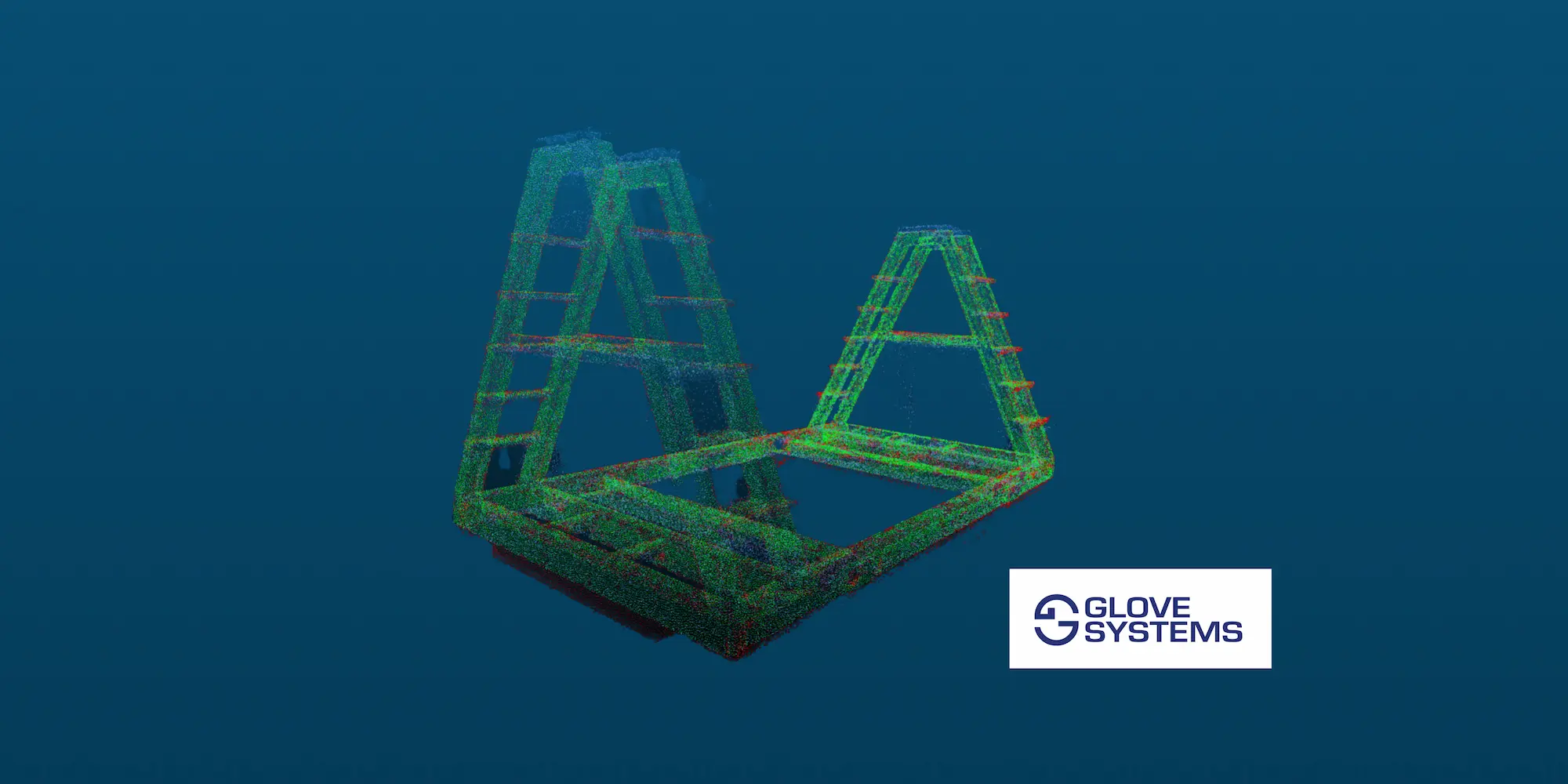The Pandemic and QC
The pandemic has been extraordinarily disruptive for owners, engineering firms, and fabricators. Employers have a duty of care for their workers during the pandemic, and indeed for all people on their premises. All businesses have been compelled to put in force their own version of social distancing in their shops, from sanitizers at the door, to plexiglass shields between desks in open-air offices, to the use of Zoom and Teams to collaborate.
Some jobs have proven to be particularly challenging. One example is the role of the quality control (QC) professional who would, before the pandemic, be repeatedly dispatched to the fabricator’s facilities to inspect work in progress and confirm that as-built assets match the designs. In a world of manual measurement tools like tape measures and spirit levels, 2D drafts on paper, physical proximity to shops, and easy travel, the only realistic way to conduct the inspection was to travel to the shop where the build was taking place.
This is now a serious health problem in the pandemic. Travelers are a transmission vector for the virus, and health authorities have closed international borders. Even borders inside countries sometimes close, as they have in Australia and Canada. Health insurance for traveling may be unavailable, expensive last-minute pre-departure tests may be required, and multi-day quarantines may be imposed on both sides of the border. Travel for the purposes of inspecting work in process may not be viewed by health authorities as essential.
Assuming the QC professional could conveniently travel to the fab shop, they likely find that fab shops are often tightly confined spaces, where physical distancing cannot be maintained. Meeting spaces may be limited. Ventilation may not be to a healthcare grade.
The actual work of measurement is problematic. The QC professional climbs or crawls around the asset to use the tape measure, and works collaboratively with the shop team, handling the measurement tools, creating a transmission risk. Discussions where measures reveal either issues or warrant clarification, force shop supers to get in close with QC.
Vaccines are widely viewed to solve for the pandemic, but even after vaccines become commonplace, they do not provide lasting protection and are unlikely to become mandatory. Some people are allergic to medicines or have compromised immune systems, or for religious or other reasons, will not accept the vaccination. Vaccine rollout programs will vary widely. Employers need to assume that either their own professionals or the staff visiting their premises are infected. Social distancing protocols are going to remain in force for some time.
The industrial logic to dispatch professionals to a supplier for inspections is entirely predicated on the lack of viable alternatives. For the purposes of QC inspections, shops now have a technology-enabled alternative that not only eliminates the need for travel with its associated costs and health concerns, but fully enables social distancing protocols, and delivers a vastly superior QC outcome.
Bring the Shop to QC
Forward-thinking fabricators are embracing 3D scans of as-built assets to improve the quality of their work, and as a side benefit, provide for a safer workplace. Owners and designers capture a cost-saving by avoiding the need to send costly QC staff on the road and can boost the productivity of their QC team by bringing the shop to QC.
A 3D scanned image captures an infinite number of measured points of the as-built asset, and that 3D image, as a virtual object, can be loaded to a database where it is accessible by a simple browser. Images can be scaled up or down, allow for zooming in, point-to-point measurement from any two or more points, and confirmation of complex angles and surfaces. Shops can take 3D scans repeatedly throughout the build cycle to maintain tight control over the asset.

